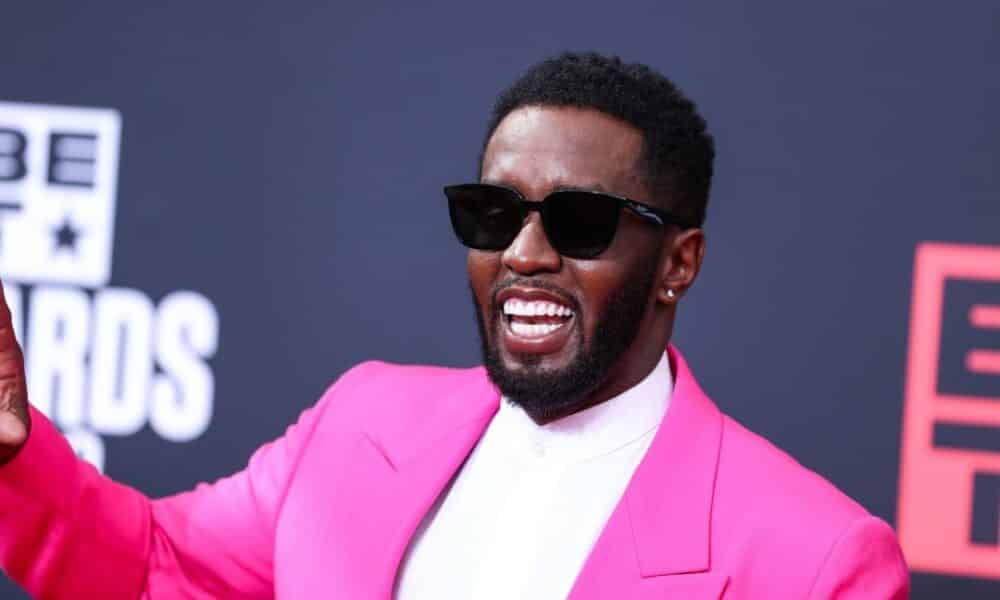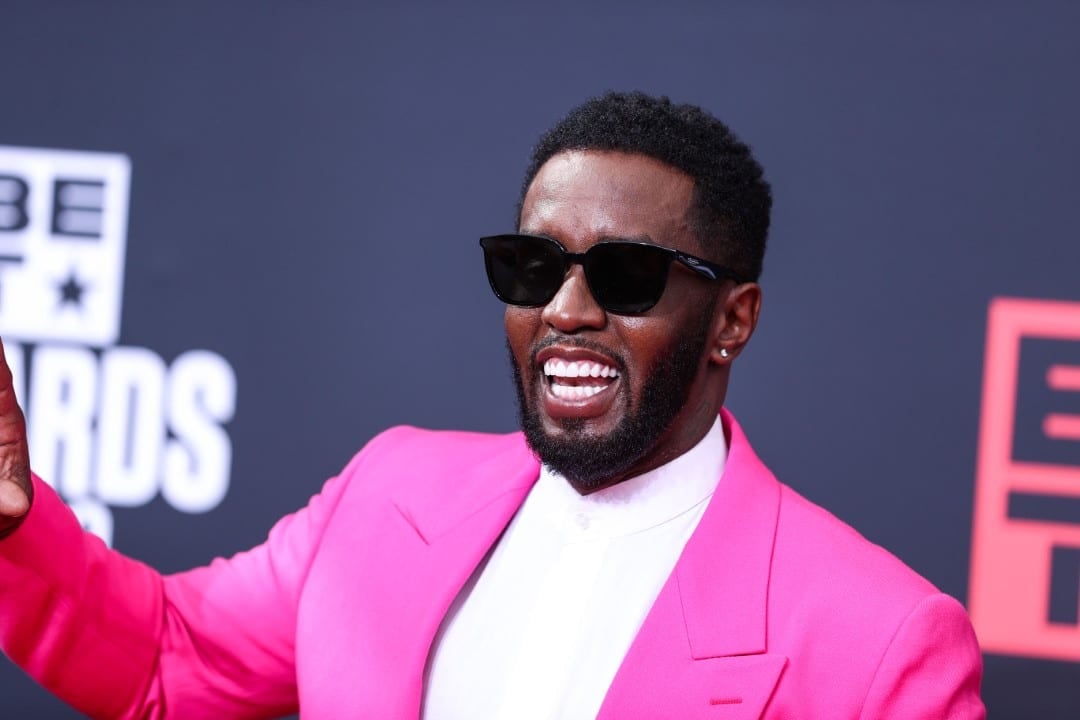

Sean Combs faces trial for sex trafficking and abuse starting May 5 in New York


Starting on May 5, 2025, the trial of Sean “Diddy” Combs marks a pivotal moment in the hip-hop mogul’s career, accused of leading a criminal network that sexually exploited women. Jury selection, which began in New York, is expected to last days, with opening statements and testimony set for the following week. The charges, detailed in a 17-page indictment, include sex trafficking, extortion, and orchestrating sexual events known as “Freak Offs.”
Combs, 55, denies all allegations, with his lawyers asserting that any sexual activity was consensual. The case, which could result in decades in prison, has garnered global attention due to the rapper’s fame and the severity of the accusations.
The legal proceedings expose a pattern of behavior that, according to prosecutors, spanned two decades, involving manipulation, violence, and coercion. The trial is expected to last at least eight weeks.
The indictment against Sean Combs alleges he used his influence as the founder of Bad Boy Records and other businesses to manipulate women, forcing them into prolonged sexual events called “Freak Offs.” These encounters, prosecutors say, involved drugs, sex workers, and recordings, often without full consent from participants. Combs allegedly offered career opportunities in entertainment to ensure compliance, punishing those who resisted with professional exclusion.
Prosecutors describe a sophisticated scheme, supported by employees and associates, that included violent acts such as beatings, kidnappings, and arson. One cited incident involves Combs dangling a person off a balcony as intimidation. The criminal conspiracy charge spans from 2004, extending the initially stated period of 2008 to 2024.
The rapper maintains all interactions were consensual, and his defense questions the credibility of the accusations, noting many surfaced after the high-profile case of Casandra Ventura, known as Cassie. The trial will be limited to evidence presented, with Judge Arun Subramanian restricting mentions of civil allegations not included in the criminal indictment.
A central element of the trial is the case of Casandra “Cassie” Ventura, Combs’ ex-girlfriend, who will be a key witness. In November 2023, she filed a civil lawsuit alleging years of physical abuse, rape, and sex trafficking by Combs. The lawsuit was settled in one day with a confidential agreement, but her claims echo in the criminal indictment. A 2016 video, obtained by a news outlet, shows Combs assaulting Cassie in a Los Angeles hotel hallway, kicking her while she was on the ground.
Combs admitted to the incident, publicly apologizing and stating he sought professional help afterward. His lawyers argue the violence was unrelated to sex trafficking charges, stemming instead from a personal dispute over fidelity. The judge allowed the video as evidence, deeming it relevant to the pattern of abuse described by prosecutors.
Cassie, who signed with Bad Boy Records at 19, alleged Combs controlled every aspect of her life, from her career to her health, forcing her into sexual encounters with other men while he filmed. Her decision to testify without a pseudonym underscores the gravity of the accusations and her central role in the case.
Beyond the criminal case, Combs faces over 70 civil lawsuits, with allegations ranging from sexual abuse to rape, some dating back to the 1990s. In December 2024, three men and two women filed complaints alleging assaults at parties and studios, including a case involving a minor. Another lawsuit, filed by Ashley Parham, accuses Combs of gang rape in 2018 after she questioned his alleged involvement in Tupac Shakur’s murder.
These civil lawsuits, while separate from the criminal trial, provided leads for the federal investigation, which led to searches of Combs’ residences in Los Angeles, New York, and Miami in March 2024. During the operations, agents seized computers, electronic devices, and over a thousand bottles of baby oil, allegedly used in “Freak Offs.” Combs’ defense denies the allegations, labeling them as attempts at financial extortion.
Sean Combs is no stranger to legal controversies. In 1999, he was accused of assaulting Steve Stoute, an Interscope Records executive, with a champagne bottle and a chair. After Stoute requested leniency, Combs pleaded guilty to a lesser charge and completed an anger management course. That same year, he was acquitted of charges related to a nightclub shooting, but his protégé, Jamal “Shyne” Barrow, was convicted and served nearly nine years in prison.
In 2015, Combs faced charges of assaulting someone with a kettlebell at the University of California, Los Angeles, where his son played football. He claimed self-defense, and the case was dropped. These incidents, though less severe, bolster prosecutors’ narrative of a pattern of violent behavior, which will be explored in the current trial.
Combs’ lawyers argue that past incidents are unrelated to the criminal charges and that the rapper is being targeted in a smear campaign. They emphasize his cooperation with authorities and denial of any illicit activities.
Jury selection, which began on May 5, is a delicate process due to Combs’ notoriety. The court seeks 12 impartial jurors and six alternates capable of evaluating evidence without media influence. The prosecution, led by Emily Johnson, plans to present its case over three weeks, while the defense, led by Marc Agnifilo, estimates one week for its arguments.
Judge Arun Subramanian banned electronic devices in the courtroom, and the trial will not be streamed online, though it is open to the public. Selection may take days as attorneys assess potential juror biases, especially given the case’s widespread coverage. Combs, detained at the Metropolitan Detention Center since September 2024, was moved to a special unit, separate from the general prison population.
In addition to Cassie Ventura, other witnesses include former partners of Combs, a business associate, and a male sex worker. Some victims, identified as “Victim-2,” “Victim-3,” and “Victim-4” in court documents, will use pseudonyms to protect their identities. The prosecution plans to use their testimonies to corroborate the pattern of coercion and abuse outlined in the indictment.
Prosecutors also accuse Combs of attempting to influence witnesses, violating prison rules by using other inmates’ phones to make contacts. These allegations led to the denial of bail requests, with the judge citing a risk of witness tampering. The defense disputes this, stating Combs was merely seeking public support without intent to obstruct justice.
The March 2024 federal searches provided critical evidence, including electronic devices that may contain communication records and videos of “Freak Offs.” The seizure of over a thousand bottles of baby oil drew attention, with prosecutors suggesting their use in sexual events. The defense questions the relevance of these items, arguing they do not prove crimes.
The 2016 video involving Cassie is a centerpiece, but the defense claims it was edited and does not accurately reflect events. Other evidence includes witness accounts and financial documents that, according to prosecutors, show how Combs used his resources to sustain the scheme. The judge restricted the use of unrelated civil allegations, keeping the focus on the criminal indictment.
The entertainment industry responded swiftly to the allegations. In November 2023, Macy’s discontinued sales of Combs’ Sean John clothing line, and he stepped down as chairman of Revolt TV. Brands like Tsuri, Nuudii System, and House of Takura severed ties with his e-commerce platform, Empower Global. Hulu canceled a reality show about Combs’ family, reflecting the fallout from the accusations on his career.
Artists like Aubrey O’Day, formerly of Danity Kane, publicly criticized Combs, rejecting offers to repurchase publishing rights that required nondisclosure agreements. These reactions highlight the pressure on public figures associated with the rapper, with many distancing themselves to avoid controversy.
Among the civil lawsuits, Thalia Graves’ claim stands out, alleging she was drugged, tied up, and raped by Combs and his bodyguard in 2001, with the assault recorded and shown to others. Another lawsuit, filed by a minor, accuses Combs of abuse at a party following the 2000 MTV Video Music Awards. These claims, though not part of the criminal trial, reinforce the narrative of a pattern of behavior.
Combs’ defense denies all allegations, suggesting many are motivated by financial gain. Attorney Tony Buzbee, representing over 100 plaintiffs, claims the cases involve not only Combs but accomplices who allegedly facilitated the abuses. He plans further lawsuits, promising names that will “shock” the public.
The trial, held at the Daniel Patrick Moynihan Courthouse, will follow a strict schedule. After jury selection, opening statements are set for May 12, with the prosecution presenting its case over three weeks. The defense will have one week to respond, followed by jury deliberations. Judge Subramanian emphasized impartiality, limiting external evidence to avoid undue influence.
Combs remains detained, with bail requests denied due to concerns about witness tampering. His legal team faced a setback with the departure of attorney Anthony Ricco in February 2025, for undisclosed reasons. Lead attorney Marc Agnifilo expresses confidence in an acquittal, highlighting the lack of concrete evidence of coercion.